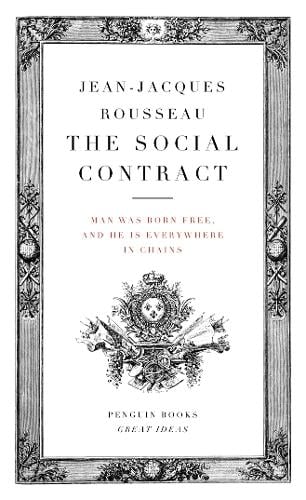The book challenges conventional views of society and inspires further exploration into politics and personal role within it.
The reviewer found the book to be a transformative read, challenging their preconceived notions about society and their role within it. It sparked a genuine excitement for delving deeper into the realm of politics and political philosophy. The book is seen as a catalyst for critical thinking and self-reflection, encouraging readers to question the status quo and explore new perspectives. The reviewer highly recommends it for its ability to inspire and provoke thought, making it a valuable addition to any reader's political education.
Quick quotes
I found that this book helped me to question my view of society and its role in my life.
It made me really excited about exploring more of the realm of politics ...
The book challenges conventional views of society and inspires further exploration into politics and personal role within it.
